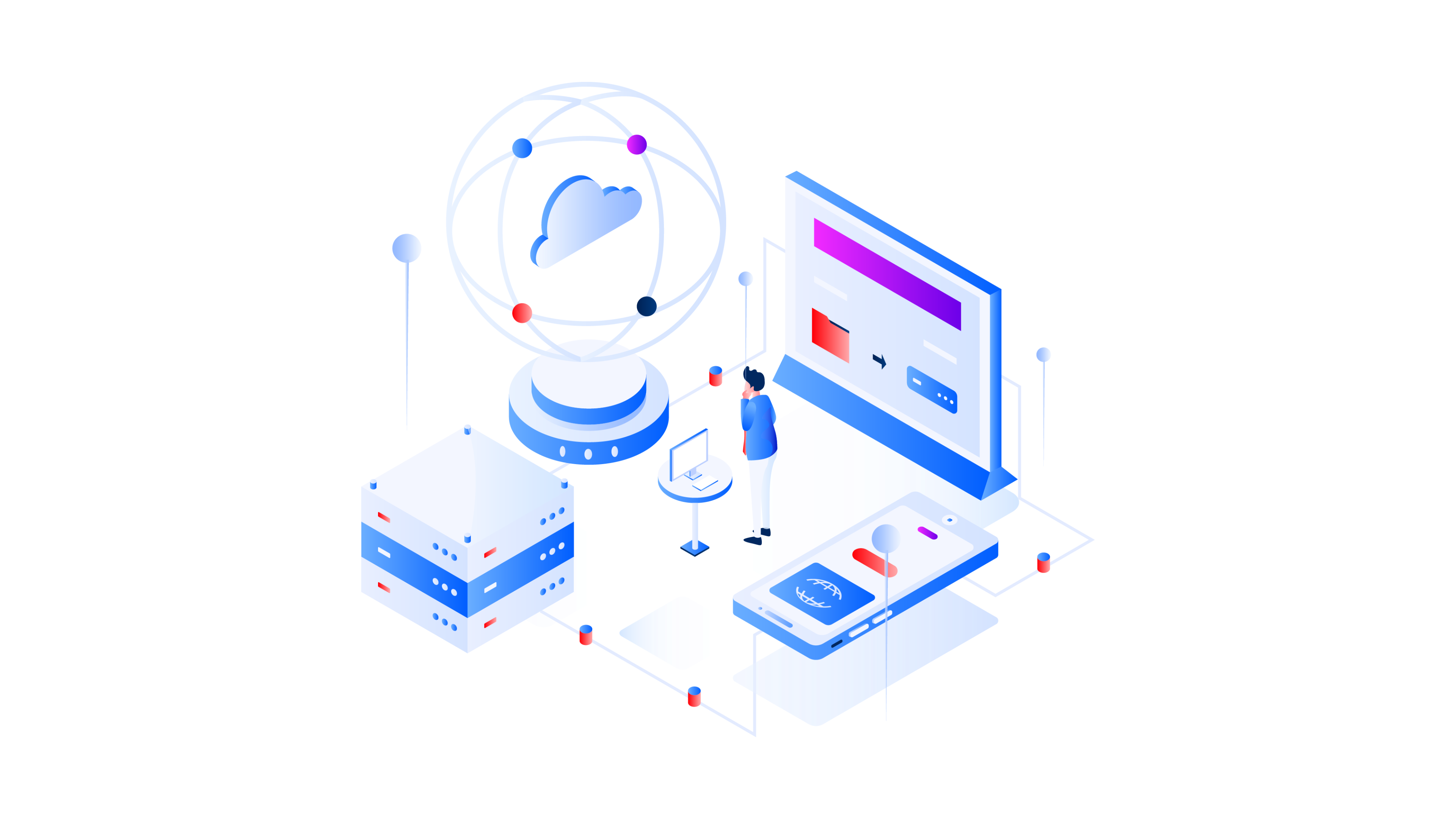How does the AWS Cloud Adoption Framework support cloud migration? - part two.
AWS Cloud Adoption Framework – People Perspective
The modern digital business environment mandates adopting the cloud-based model as the primary driver of organizational efficiencies. Each company’s cloud adoption journey is unique. For a successful migration to the cloud, the organization must understand its current state, the intended outcome of the cloud migration project, and how to move from the current state to the cloud.
As highlighted in the first blog post in this series on the AWS Cloud Adoption Framework (AWS CAF), this framework was developed by Amazon Web Services to “help organizations develop and execute effective plans to ensure that their cloud adoption journey is successful“.
Additionally, it is worth being reminded that there are six perspectives or focus areas, one of which is the People Perspective, the topic, and the focal point of this discussion. Therefore, let’s dive right into a consideration of the People Perspective and the role it plays as part of the AWS CAF.
AWS CAF: The People Perspective

This perspective aligns the organization’s people management policies and frameworks such as people development, training, communications, and change management with modern, optimized processes and policies designed to facilitate the successful move to the cloud. It highlights the human resource skills, procedures, and policies required to increase the value of and reduce the risk associated with migrating to the cloud.
The common roles attached to the People Perspective include people managers, human resources (HR), and staffing. Secondly, the People Perspective principles include:
1. Career management
Succinctly stated, career management within the AWS CAF is described as the identification, acquisition, and retention of requisite skills for the migration to the cloud as well as the ongoing operating model after the migration project has successfully completed.

2. Organizational change management
At some point in time, every organization will undergo change to remain viable and to scale up. Change is part of the quintessential nature of the business organizational model. However, organizational change often incurs resistance from existing employees. Therefore, to ensure that change remains positive, organizational change management is vital, especially within the cloud adoption process.

3. Training management
Company employees need training to fulfill their roles in the cloud environment. Training management oversees and facilitates the implementation of training programs to ensure employees can use the new cloud-based software.

4. Resource management
The cloud migration journey and the post-migration use of cloud-based technologies require new skill sets and new hires. Resource management helps companies understand and forecast what new personnel and new skills are necessary for a successful cloud-migration and cloud-based operating model after the migration.

5. Incentive management
Incentive management within the AWS CAF framework looks at implementing an incentive program to attract and retain new hires required to manage, maintain, and operate the cloud-based model.
Final thoughts
People management forms an integral part of organizational and operational success. Ergo, if a business does not implement concrete people management policies, it cannot and will not be successful. As a result, implementing the AWS CAF People Perspective as an integral part of the successful migration to the cloud is strongly advised and, in many aspects, can be considered mandatory.
While it is possible to adopt a cloud-migration strategy without utilizing the AWS CAF, it is not a good idea. In summary, the cloud adoption journey will more than likely result in a catastrophic failure. Therefore, to learn more about leveraging the overarching AWS CAF as a method and practice of a successful journey to the cloud, contact our experts at kontakt@lcloud.pl.

